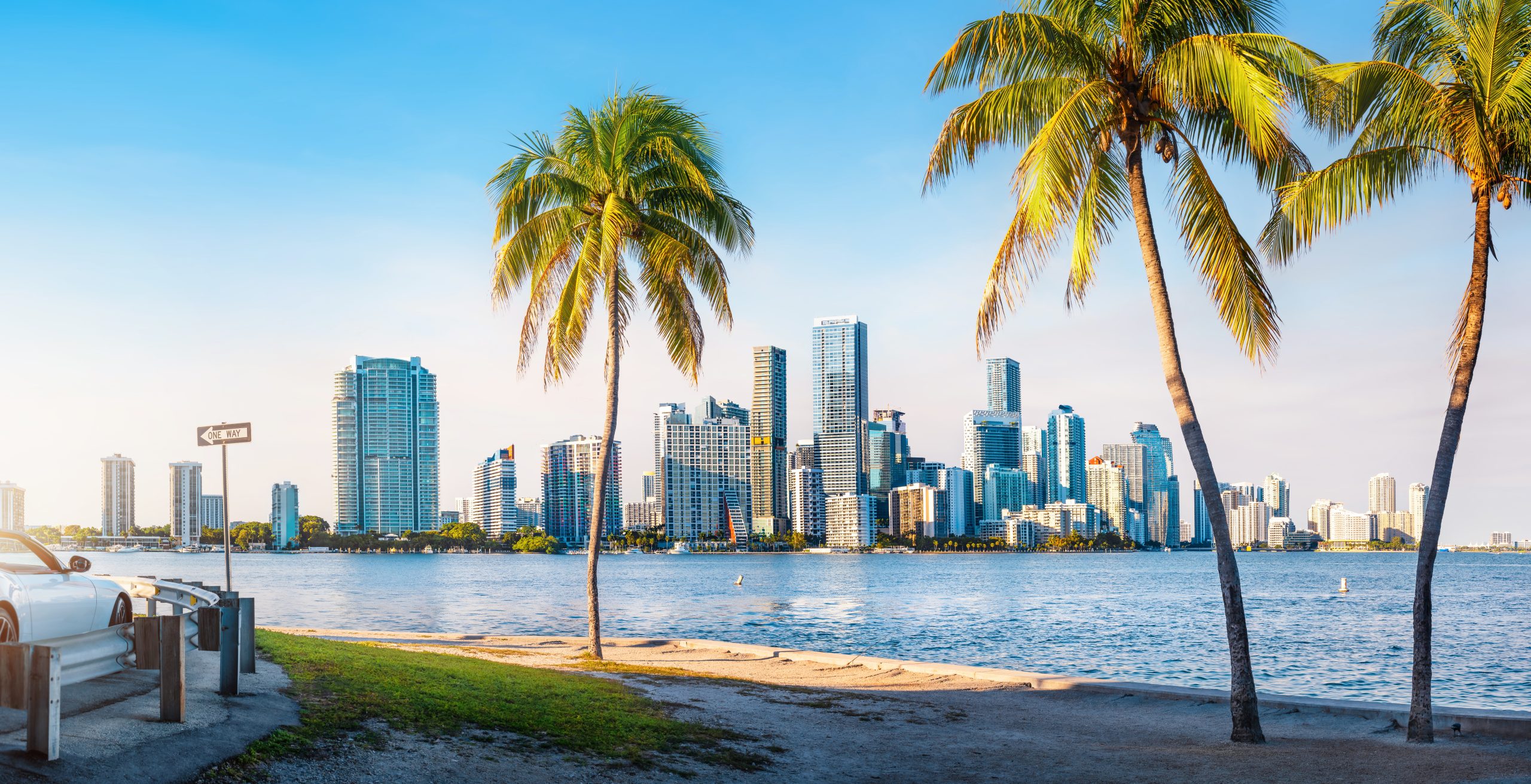Alcohol sales could take four years to return to normal
Strong off-trade sales and a fast-growing e-commerce market have not been enough to keep drinks producers ticking over during lockdown, according to new figures.
closeup of a caucasian doctor man holding a world globe with a protective mask with the word coronavirus written in it
As a whole, drinks producers worldwide will suffer “double-digit” declines in sales this year, according to research from IWSR Drinks Market Analysis.
Mark Meek, chief executive of IWSR, said that bar and restaurant closures will have a long-lasting effect on the alcohol industry worse than “anything we’ve experienced before.”
During a webinar on Tuesday (26 May) outlining the firm’s new study, Meek said the global pandemic is the worst crisis the sector has faced in living memory. Beer and sparkling wine sales will take four years to return to normal, while some categories may never recover.
“Even the downturn following the 2008 financial crisis was less severe than what we are seeing now.
“In many ways, 2019 was perhaps the last ‘normal’ year for the drinks industry.”
Spirits
In the UK, sales of gin have soared over the past decade, which in-turn has led to hundreds of new brands competing for a share of the market.
But according to the study, the current crisis may have put an end to the craze.
Amongst traditional spirits categories, gin was the fastest growing last year, with volumes rising by 6.1% compared to 2018. Consumers were already starting to show signs of “gin fatigue,” “especially in some European markets”, the study said. The year before, gin sales grew close to 10%.
IWSR forecasts that whisky and gin will likely rebound fastest to pre-Covid-19 levels, but the market could look very different by 2024.
Right now bars with extensive gin collections can’t sell their spirits to punters, and many may never reopen. Producers who relied on their craft credentials over TV and digital marketing will have fewer chances to introduce people to their products.
The lockdowns have also led to thousands of people losing their jobs. The punters themselves are now less likely to experiment with expensive gins they haven’t tried before, and stick to what they know.
Meek said he expects the gin market will “contract” over the coming years as consumers become less adventurous, and craft brands will be the hardest hit.
Partner Content
Beer
Brewers may be among the first producers to see some level of normality in their sales.
Globally, beer sales grew 0.3% in volume and +2.2% in value in 2019, which was led by increases in non-alcoholic beer (+15.2% in volume, vs. 2018).
Companies like AB InBev, Molson Coors and Carlsberg have already suffered hefty revenue declines thanks to global lockdowns, but Meek said there are some reasons to be optimistic for the future.
If brewers focus their attention on low ABV beer, they could return to growth faster. Last week, another market researcher (Nielsen) reported that off-trade and online sales of low alcohol beer had risen 44% compared to the same period last year.
“The outlook for continued growth of no- alcohol beer remains positive,” IWSR said, predicting the category to grow 8.1% CAGR by 2024.
In total, beer is expected to reach 2019 volumes by 2024, “rebounding better than wine and spirits.”
Wine
The wine sector has been in trouble for a while. Wine consumption in the US fell by 0.9% last year, for the first time since 1994.
Wine accounts for around 11% of all alcoholic beverages sold in the US, well behind the share of beer, which represents the majority of alcohol sold in the US.
One bright spot in the category, however, is sparkling wine which posted volume growth of 1.4% , and 3.6% in value in last year, and is forecasted to rebound stronger than still wine by 2024.




